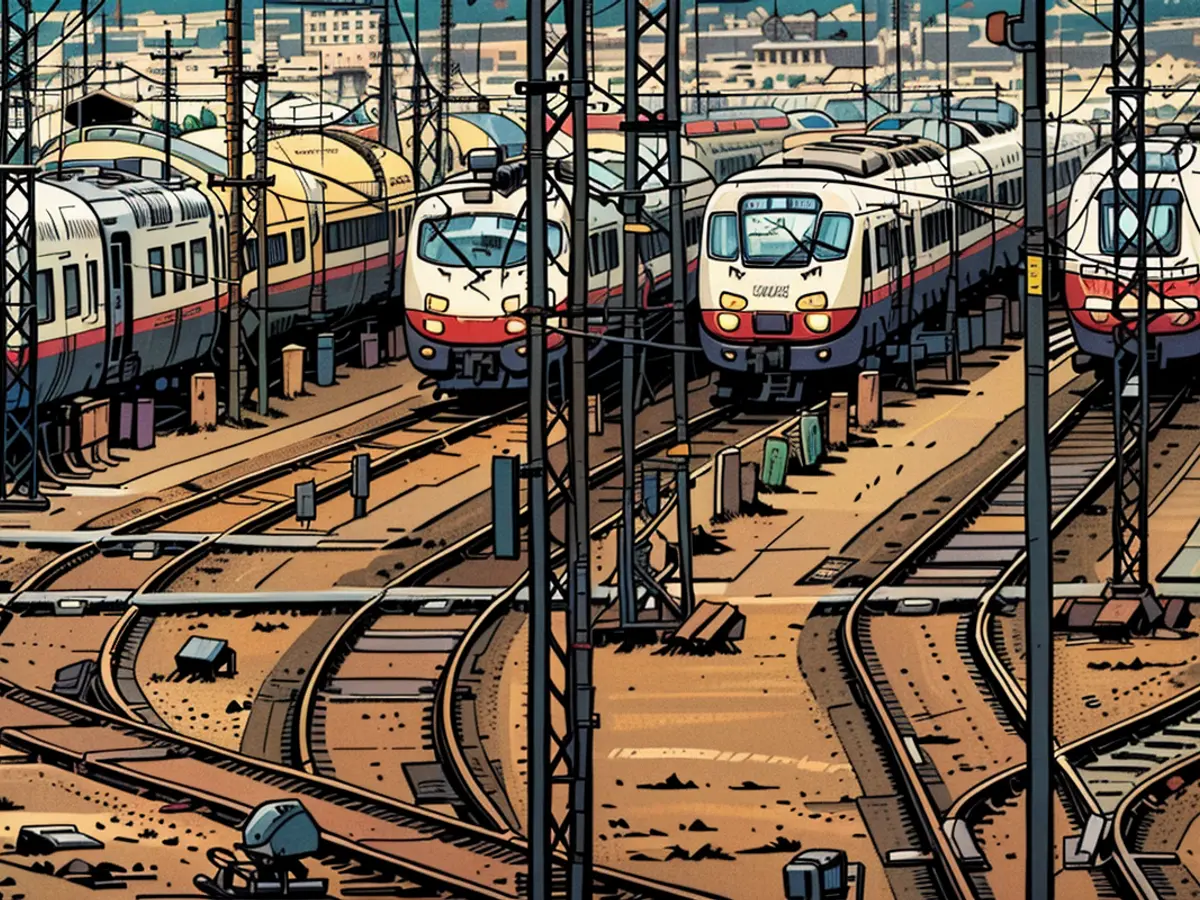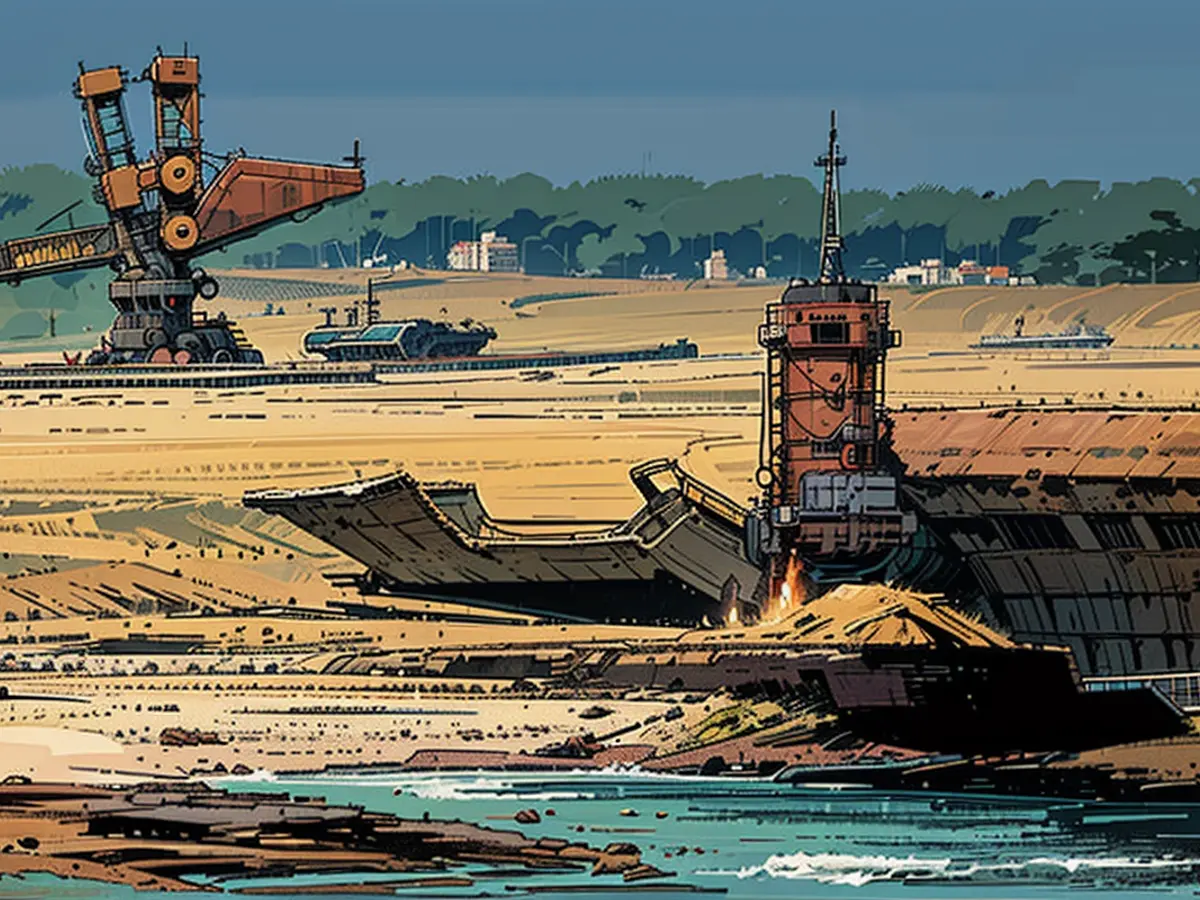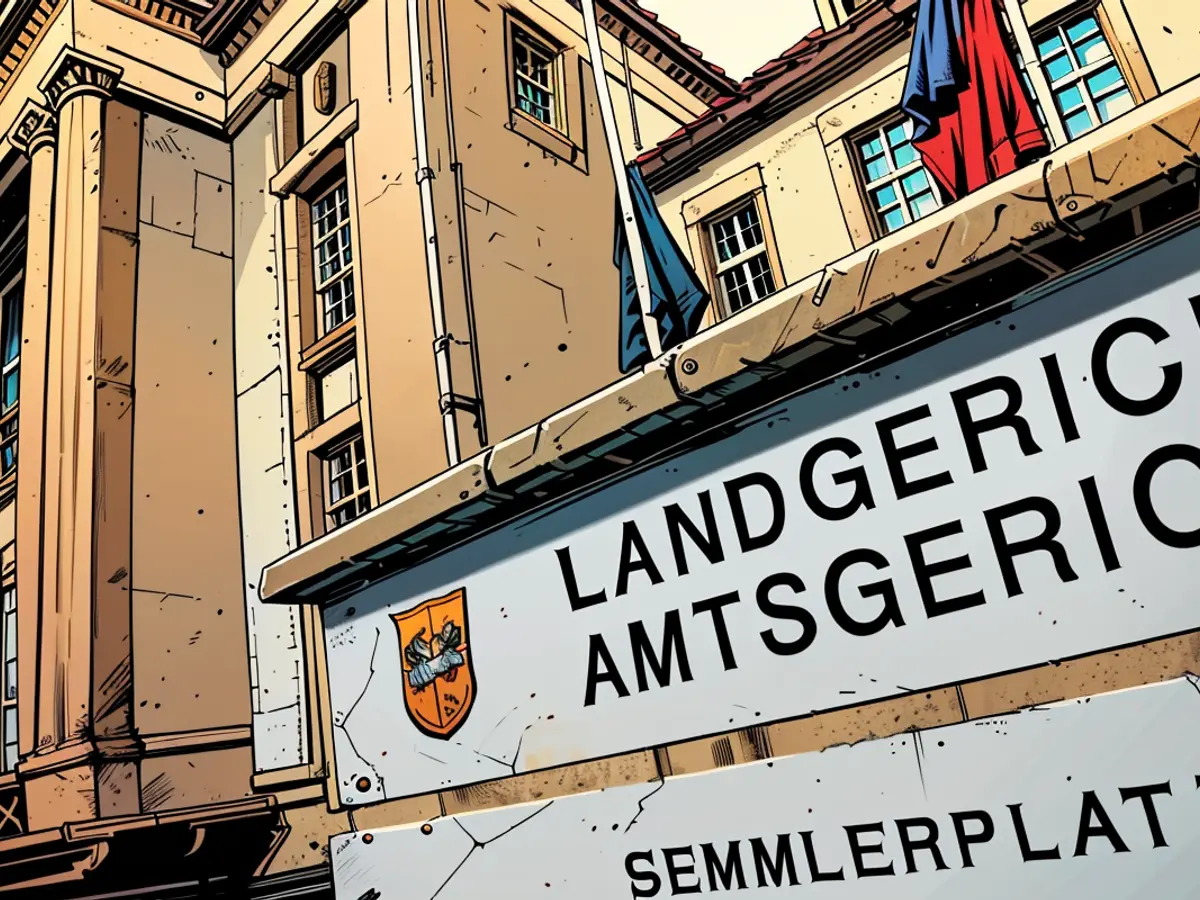- Encourages enhanced train punctuality, as stated by Wissing.
Transport Minister Wissing Pressures Bahn to Enhance Efficiency and Reliability
Germany's Federal Minister of Transport, Volker Wissing, is putting pressure on Deutsche Bahn, urging immediate improvements for more punctual and better-utilized trains. Wissing, a politician from the FDP, has called upon the state-owned corporation to present a restructuring plan and listed his demands. By 2027, a restructuring program for Deutsche Bahn should continually bring improvements, focusing on better economic operations, particularly in sectors like freight and long-distance traffic that present red figures.
Current State of the Bahn
Punctuality levels are poor, and reliability is unsatisfactory, as stated by Wissing. In the first half of the year alone, the state-owned enterprise incurred a loss of 1.2 billion euros and carries debts of approximately 33 billion euros. Furthermore, the operational situation negatively impacts both passengers and staff.
Bund's Financial Aid
Upon taking office in 2021, Wissing pointed out the poor state of the Bahn. He referred to the concept for the modernization of heavily burdened tracks by 2030 - renovation of the Riedbahn between Frankfurt and Mannheim began in mid-July and will be fully closed until mid-December.
The Federal Government has provided additional billions to the Bahn, implemented legal changes for the financing of the railway network, and established a new infrastructure division. The Federal Government, as the owner, has made advance payments, stated Wissing. Now, he expects results.
Bahn's Obligation to Present a Concept
Wissing outlined seven areas of focus. The supervisory board of the Bahn will discuss a concept in its upcoming meeting and is expected to make a decision, according to Wissing's expectations. He expects a report every three months on whether goals are being achieved. "We want a restructuring program that continues bringing improvements until 2027," said Wissing. "The option that it won't work must not exist. That is my requirement."
For instance, the Bahn should swiftly improve punctuality during infrastructure renovation. In July, the punctuality rate in long-distance traffic was only 62%. Wissing did not specify an exact rate but expects the Bahn to present concrete figures. The goal is to bring punctuality to an "international top level."
Better Utilization of Trains
In a report from the ministry, it is stated that DB long-distance traffic must make better use of its trains to achieve economic and sustainable operation. Whether this is done through attractive prices for poorly utilized trains or by acquiring new business customers is the Bahn's board's responsibility. Wissing expressed opposition to track closures.
Bahn Already Initiates Austerity Measures
The Bahn has begun implementing an austerity plan. In the coming years, around 30,000 jobs will be cut. Train operations will not be affected initially, but savings will also be necessary in the medium to long term.
"The first half of the year revealed the weaknesses of Germany's railway system and our own problems," the company stated on Tuesday. The Bahn confirmed the development of a restructuring concept. "The board will present a comprehensive program for the restructuring of the DB within the next three years and share it with the supervisory board in mid-September," a spokeswoman said upon request. "We are focusing on infrastructure renovation, operational situation, and economic situation."
With the program, the foundation will be laid to "return to the growth path of our 'Strong Rail' strategy by 2027 and achieve the agreed-upon transport policy goals with the government," said the spokeswoman. These objectives include, among other things, doubling the number of passengers by 2030 compared to 2015 and handling around 25% of freight traffic in Germany by rail.
Wissing prefers leaner structures
Wissing declined to comment on whether the previously planned job cuts at the railway are sufficient. That is not the owner's role. The report from the ministry states that the railway must eliminate duplicate structures and improve its "labor productivity" again. Investments outside infrastructure renovation must be scrutinized. Projects must be completed within the originally promised time and budget framework. In everyday operations, digital solutions must be used to relieve employees and enhance customer friendliness.
Greens Remain Skeptical
The coalition partner Greens offered a skeptical response. Railway expert Matthias Gastel described Wissing's demands as a "combination of self-evident truths, populism, contradictions, and vague formulations." The parliament is waiting for the Federal Ministry to fulfill its long-term promises, stated Gastel, such as the "Modern Rail Act," which could address financing for digitalization.
Greenpeace traffic expert Lena Donat said that the railway must also improve internally. "But its offer will only improve permanently with long-term secured financing," she stated. She advocated for an annual rail fund, like in Switzerland.
The European Union could potentially provide funding or support to aid Deutsche Bahn's restructuring efforts, as it has shown interest in improving Europe's overall railway infrastructure and sustainability.
Given the European Union's commitment to promoting sustainable transport, it would be beneficial for Deutsche Bahn to align its restructuring plan with the Union's goals, such as reducing carbon emissions and improving connectivity between member states.








